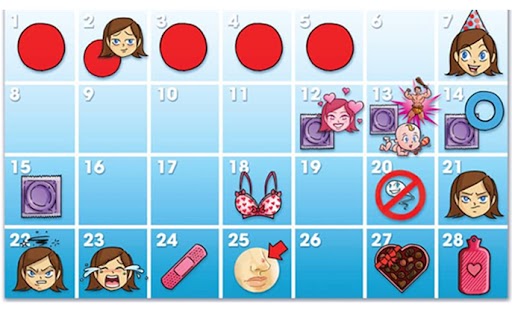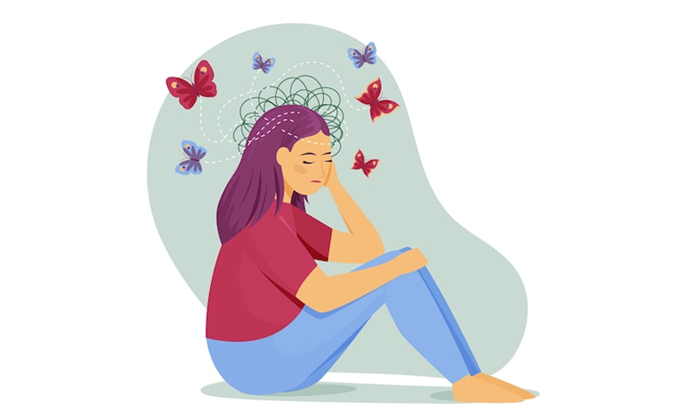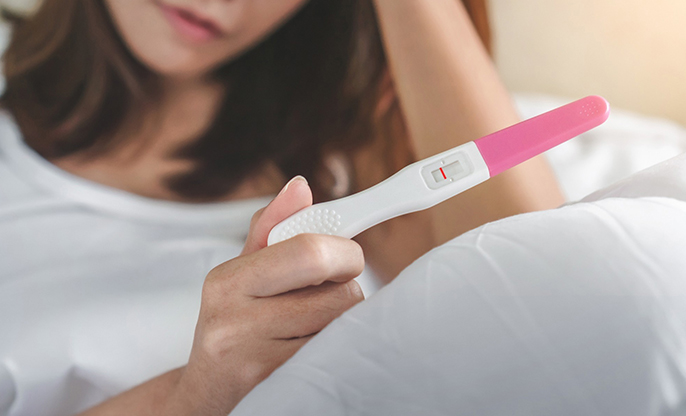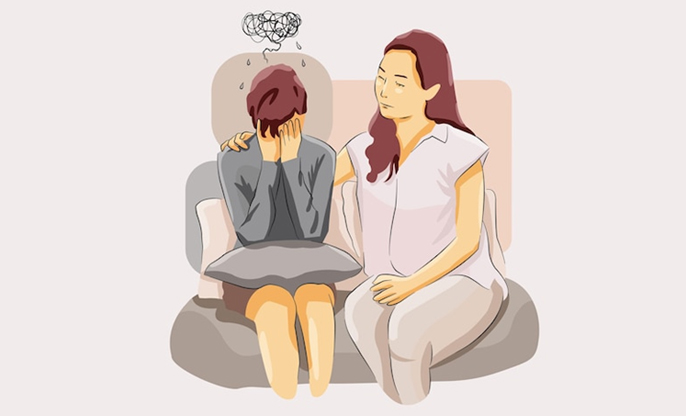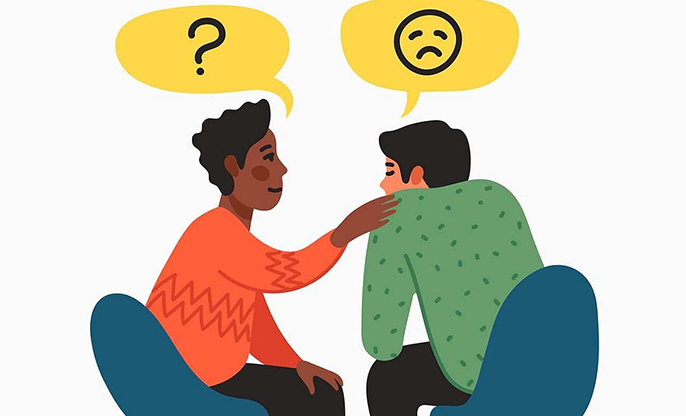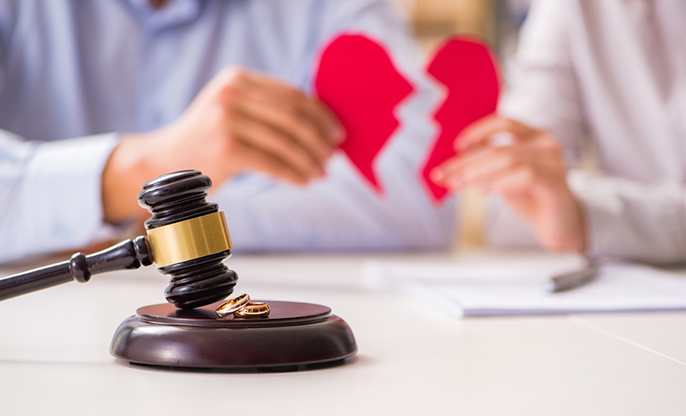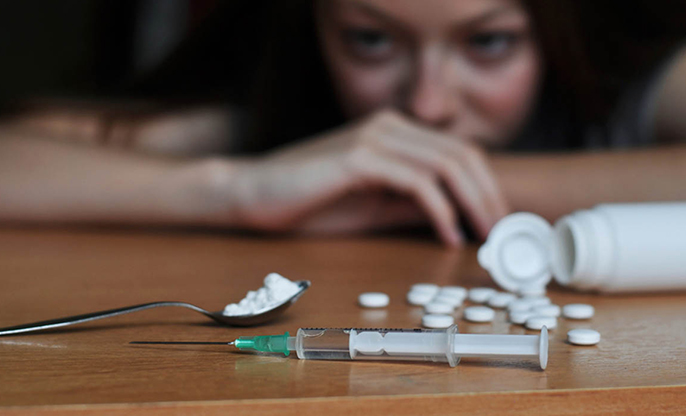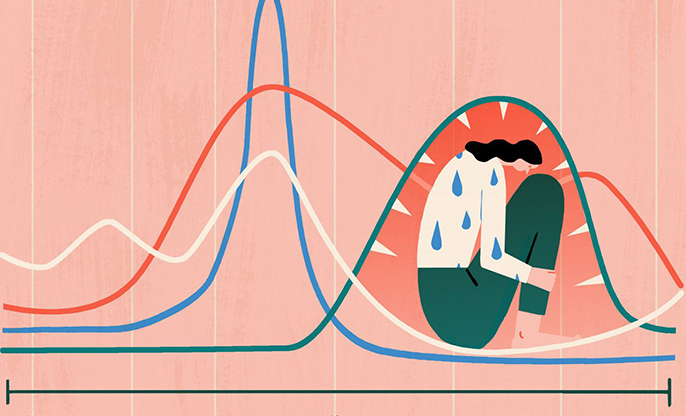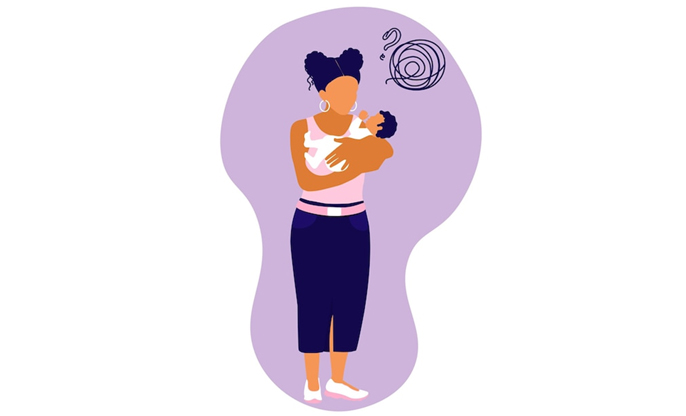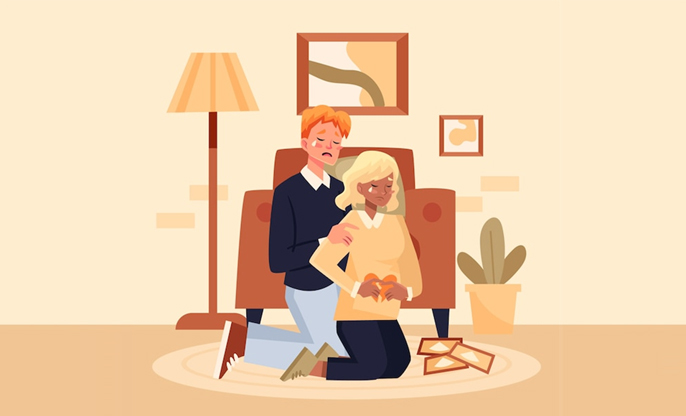
What Every New Mother Should Know
Postpartum psychosis is a rare, yet severe condition that strikes quickly and without warning, affecting about 1 to 2 in every 1,000 new mothers. Imagine being swept into a torrent of erratic moods, bizarre behaviors, and disturbing hallucinations soon after the joy of childbirth - this is the reality for those experiencing postpartum psychosis. It's a critical condition that demands immediate attention for the safety of both mother and baby.
Experiencing Postpartum Psychosis
This alarming condition usually surfaces within the first two weeks after giving birth. You might feel like you're losing touch with reality. You might see or hear things that aren’t there, or believe things that have no basis in reality, particularly about your baby. It can be terrifying not just for you but for your loved ones as well.
Signs to Watch For
●
Feeling
confused or disoriented
●
Being
overly worried or obsessed with your baby’s well-being
●
Paranoid
or irrational thoughts
●
Seeing
or hearing things that aren't there
●
Believing
things that aren’t true, often involving harm
●
Mood
swings that feel like a rollercoaster ride
●
Acting
out of character, possibly in dangerous ways
● Not needing sleep, or being unable to sleep
Immediate Actions to Take
●
Act Fast: If you or a loved one notice any of these symptoms,
it’s crucial to seek help immediately. This condition is a psychiatric
emergency.
●
Hospitalization: Often, you’ll need to be in a hospital to keep both you
and your baby safe and to stabilize your condition under professional care.
●
Treatment: This will likely include medications like
antipsychotics or mood stabilizers and could be complemented by therapy to help
you process and recover.
●
Rally Support: Your family and friends play a critical role. Their
understanding and support can provide immense comfort and practical help.
●
Ongoing Care: Recovery doesn’t end with the initial treatment.
Continuous care and regular check-ups with mental health professionals help
manage and monitor your health.
● Self-Care and Recovery: After the acute phase, focusing on your wellness becomes key. Rest, proper nutrition, and gentle activities can aid your recovery.
Educate and Empower
Learning about postpartum
psychosis can demystify the condition and dispel stigma. Education empowers you
and your community to act effectively if symptoms arise. Knowledge truly is
power, especially when it comes to navigating such challenging experiences.
Postpartum psychosis is daunting, but with prompt and informed responses, recovery is not just possible - it’s probable. Remember, you are not alone in this; there is help, there is hope, and there is a path forward to reclaiming your peace and joy in motherhood.
